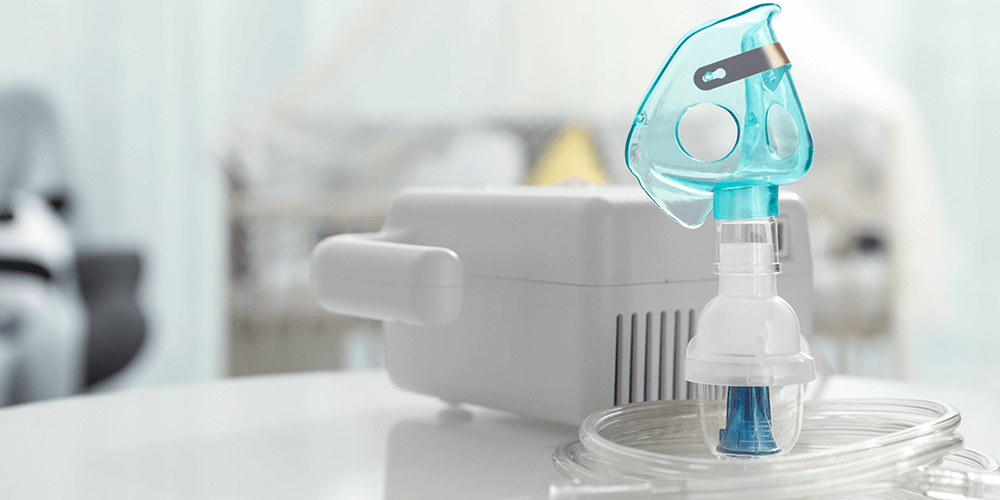- This third part of the WAO/ARIA consensus on chronic cough suggests a management algorithm of chronic cough in an integrated care pathway approach.
Empirical treatment in primary care
Oral antihistamine therapy in patients with rhinitis and cough is not recommended because of their low efficacy in reducing cough.
Upper airway
- 4-week therapy with intranasal corticosteroids in allergic rhinitis (AR) patients with upper airway disease-related cough.
- Therapy can be tapered in patients showing improvement.
- Patients with partial or no improvement can be referred to cough specialty care.
Lower airway
- No clear role of pharmacotherapy.
- An initial 2-week empirical trial of short-acting bronchodilator supplemented with inhaled corticosteroids (ICS) may be warranted in chronic cough patients.
- If patient cannot tolerate ICS, a short course of oral corticosteroids can be prescribed.
Gastrointestinal (GI) tract
- Behavioral changes (e.g., weight reduction and dietary changes) are recommended in patients with GERD irrespective of concomitant cough.
- An initial 4–12-week empirical and diagnostic trial of proton pump inhibitors (PPIs) can improve a proportion of patients (confirming diagnosis of GERD-related cough).
- PPI therapy can be tapered to the lowest dose for control of cough.
- Patient should be referred to a GI specialist for further investigation of underlying gastrointestinal disorders or in case of PPI failure/dependency.
Guidelines and expert consensus in cough pharmacotherapy
Upper airways
- The role of pharmacotherapy is inconclusive.
Lower airways
- Clinical profile reminiscent of asthma: Several drugs can be offered; studies suggest improvement cough scores with ICS, leukotriene receptor antagonists (LTRAs), inhaled beta2-agonists and muscarinic receptor antagonists, and extent theophylline and mast cell stabilizers (lesser extent).
- Suspected cough-variant asthma (CVA): Recent guidelines recommend ICS as first line treatment. Careful interpretation of the benefit of ICS in nonspecific cough is required.
- Suspected non-asthmatic eosinophilic bronchitis (NAEB): A therapeutic/diagnostic trial of ICS followed by LTRAs (if stepping up ICS fails to improve cough).
- Chronic obstructive pulmonary disease (COPD): An empirical trial of bronchodilator therapy is often justified but requires more efficacy data.
Digestive tract
- Early (within 2 weeks) cough improvement on PPIs, followed by 4–12 weeks of maintenance therapy before tapering medications. Night-time magnesium and melatonin supplementation is recommended for partial responders.
- Supplementing PPI therapy with prokinetics can enhance gut motility and improve gastroesophageal reflux disease (GERD)-related cough.
- Adding H2-blockers for 2–4 weeks can reduce nocturnal acid breakthrough in difficult-to-treat cases of GERD (role in cough has not been investigated).
- Neuromodulators (e.g., baclofen) in combination with PPI can benefit patients with loose lower esophageal sphincter or high reflux symptom index (RSI) scores.

